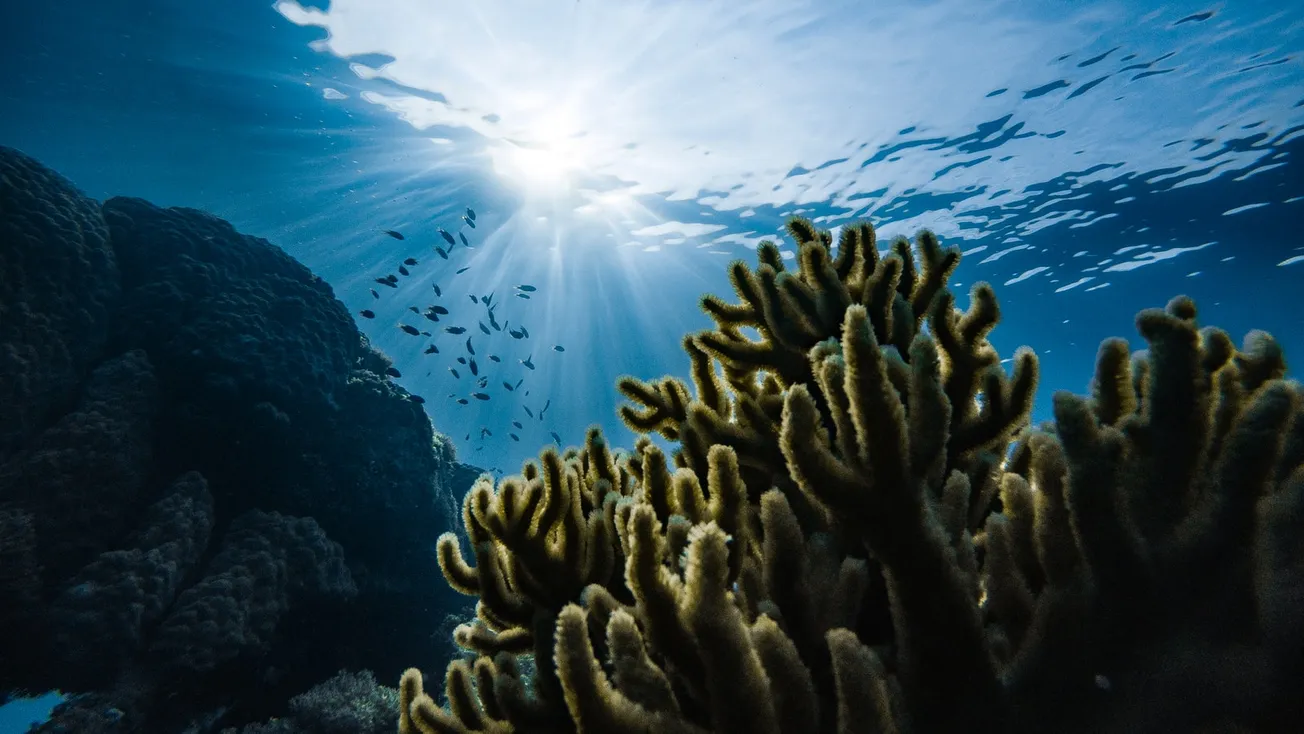Table of Contents
BFD readers should be familiar with the saga of Professor Peter Ridd. Ridd, you may recall, was sacked by Queensland’s James Cook University after he spoke out about the poor quality of research used to justify claims that the Great Barrier Reef is being “killed by climate change”.
Ridd’s legal fight against JCU continues, but he is surely feeling more than a touch justified, right now.
An international scandal has erupted over claims of scientific fraud involving 22 papers linked to James Cook University’s prestigious Centre of Excellence for Coral Reef Studies.
Remember: this is some of the very research that the JCU sacked Ridd for questioning.
The Australian Research Council, the US National Science Foundation and JCU have been asked to investigate the allegations detailed in an article published in Science Magazine on Friday.
The article, which was supported by the international Science Fund for Investigative Reporting, is the culmination of years of research and contested claims over how fish behaviour is changed by rising levels of carbon dioxide in the oceans.
A team of researchers claim to have evidence of manipulation in publicly available raw data files for two papers, one published in Science, the other in Nature Climate Change, combined with remarkably large and “statistically impossible” effects from CO2 reported in many of the other papers.
This is exactly the sort of sloppy, if not outright fraudulent, research that Ridd charged was being used to spin a false narrative of climate change doom for the Barrier Reef.
The two scientists at the heart of the claims against them are Philip Munday from JCU and US biologist Danielle Dixson, who obtained her PhD under Professor Munday’s supervision.
The charge against their work is being marshalled by fish physiologist Timothy Clark of Deakin University in Geelong and Fredrik Jutfelt of the Norwegian University of Science and Technology.
According to Science, Professor Munday no longer works at JCU for reasons unrelated to the scandal and has called the allegations “abhorrent” and “slanderous”.
Professor Clark said he had initially considered the Munday findings to be “some of the most phenomenal findings in the whole discipline of biology”. But when he tried to replicate them he could not get the same results. There has been intense debate over whether the comparable tests had been adequately conducted.
Dr Munday had noted that 85 papers, with more than 180 co-authors from more than 90 institutions, have by now reported effects from elevated CO2. But of those 85 papers, 43 were co-authored by Dr Munday and studies that did report an effect were not blinded, so researchers knew which fish had been exposed to higher levels of CO2, opening the way for unconscious bias.
This is symptomatic of the kind of problems that have plagued science – especially, but not solely, climate science – to the point that many scientists are finally beginning to admit that the whole edifice of modern science is in crisis. Peer-review is all-but-broken, and results are rarely replicated: but the un-replicated results are cited again and again, without question, building a tottering scientific Jenga tower of lies and false data.
For all that malfeasance, though, more and more public money keeps being funded into bodgey science.
Dr Ridd said the research council had a fiduciary duty to investigate because it was responsible for a $1bn a year in research funding.
Meanwhile, what further research seems to be showing is that marine ecosystems are perfectly able to adapt to changing environmental conditions.
The Science article says that the reported effects of CO2 on fish behaviour and ecology have seemed to fade as the years passed.
Analysis of research shows the field is experiencing a strong “decline effect”, a phenomenon where, after dramatic initial findings, reported effects become smaller and smaller, the magazine said.
The Australian
By way of analogy: a bit like first dipping your toe in a hot bath and flinching, then quickly adjusting and sinking in for a good, relaxing soak.
Please share this article so that others can discover The BFD









